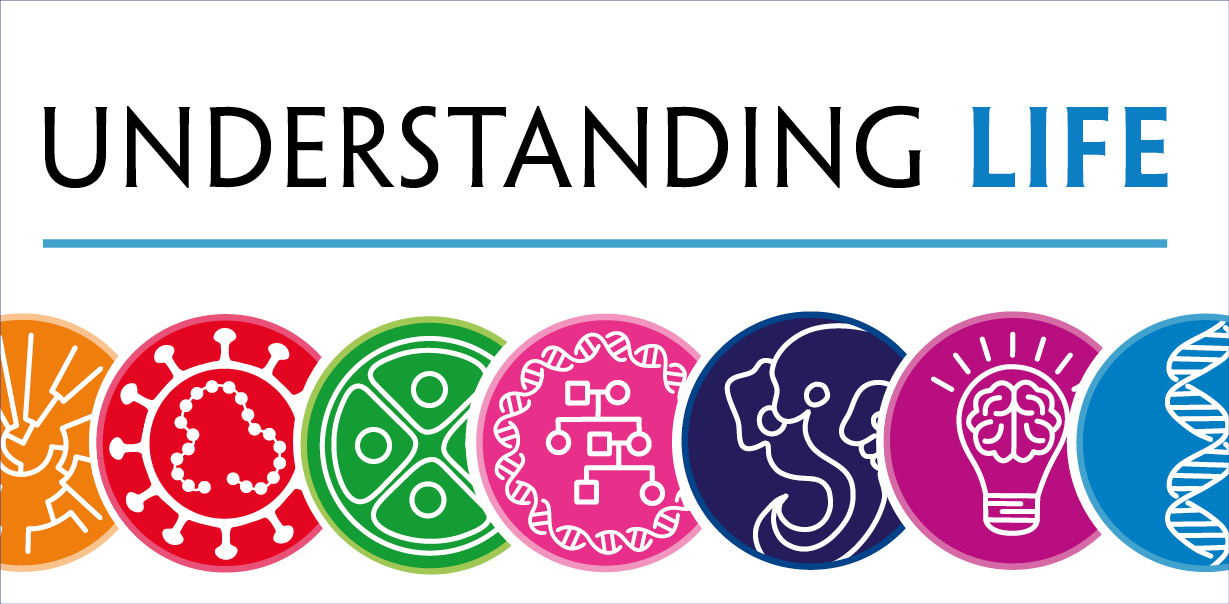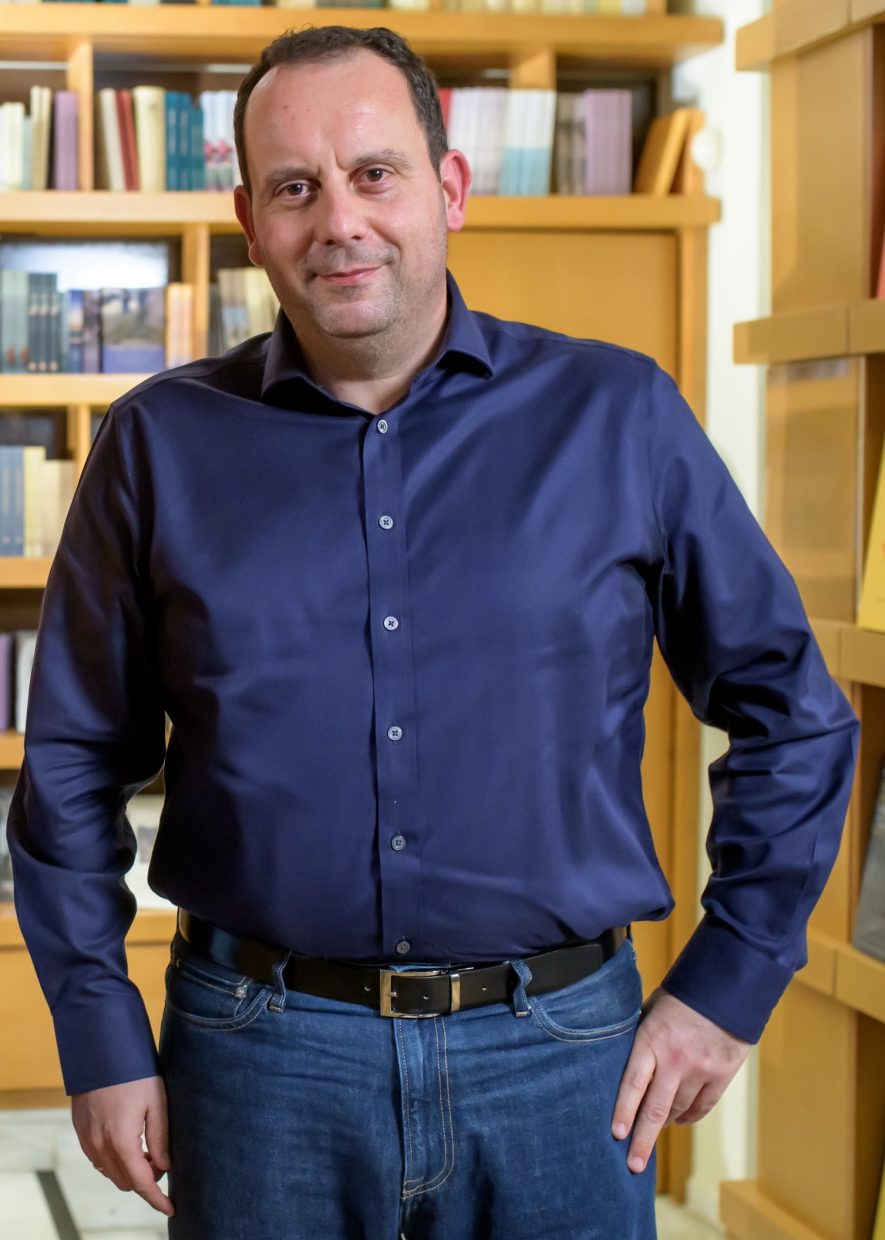Understanding Life

We spoke to Kostas Kampourakis, author of Understanding Genes and Understanding Evolution, about his recent books and his upcoming Cambridge Festival Event, 30 March, 2pm, online.
Kostas Kampourakis, is a widely published science author and editor. He is currently a researcher at the University of Geneva, where he also teaches at the Section of Biology and the University Institute for Teacher Education.
Why is your research important?
My research focuses on how we can best teach and communicate science in order for non-experts to understand its concepts and explanations. This includes both how people learn, overcoming their prior conceptions, and how scientific concepts and explanations are structured. I am also interested in misrepresentations of scientific concepts and explanations that result in distortions of their meaning. Hence, my two books in the understanding life series.
Tell us about your upcoming Cambridge Festival event?
My upcoming Cambridge Festival event will be related to my two books in the Understanding Life series: Understanding Evolution and Understanding Genes.
The idea of evolution may seem simple but evolutionary theory actually makes some claims that are in disaccord with our intuitions about purpose and design in nature; in short, the idea of evolution is counter-intuitive. This is why many people find it hard to understand. In my talk I will present the problem and explain what people need to do to understand evolution.
The concept of genes is one of the most misrepresented ones in the public sphere. In the second half of the 20th century, the public discourse about genes assigned super powers to them, so that great expectations were raised by their study. However, genes do not have agency and do nothing on their own. Some people even question if they actually exist, arguing that it is just a concept with a heuristic value.
Why is it important to understand evolution and genes?
On the one hand, evolution accounts for everything in the living world around us. If we want to understand structure and function in the living world, we cannot think in terms of purpose and design as we usually do. Rather, we need to realize that structures and functions in the living world have a history, the route of which has also been influenced by contingent events. Our existence was not predetermined, and this is why we should value and appreciate life. Most importantly, understanding how we relate in evolutionary terms to the living beings around us should make us humble, as we are just one small part of the evolutionary network of life and not the endpoint of a great chain of being.
On the other hand, assigning superpowers to genes can have negative societal consequences. If genes make us who we are and what we do, then neither we, nor society bear any responsibility for what happens. Of course, in some cases genes are important difference-makers for certain outcomes, such as in the case of several thousand (but also quite rare) diseases. In the majority of cases, however, genes are just one factor among many about who we are and what we do. Therefore, we need to understand that genes are not more important than environment; actually, we cannot understand what genes do outside their contexts, because if anything matters, it is the interactions among genes and environmental factors that produce the outcome
Book your place at Kosta’s online events here
The Cambridge Festival
The Cambridge Festival, 17 March-2 April, is an interdisciplinary event spanning the sciences, arts, humanities and social sciences.
The Cambridge University event showcases some of the world-leading research that is happening across Cambridge. The events are categorized by theme, Discovery, Power, Environment, Health and Society, and are free and accessible to all.
Here at the Cambridge University Press, we are proud to showcase a selection of our inspiring authors at this year’s Festival. Each will present their fascinating research in an approachable, easy to digest format. Read more about our selection Cambridge Festival events here.
About the author
Kostas Kampourakis is the author and editor of books about evolution, genetics, philosophy, and history of science, and the editor of the Cambridge book series Understanding Life. He is a former Editor-in-Chief of the journal Science and Education, and two other science education book series.







